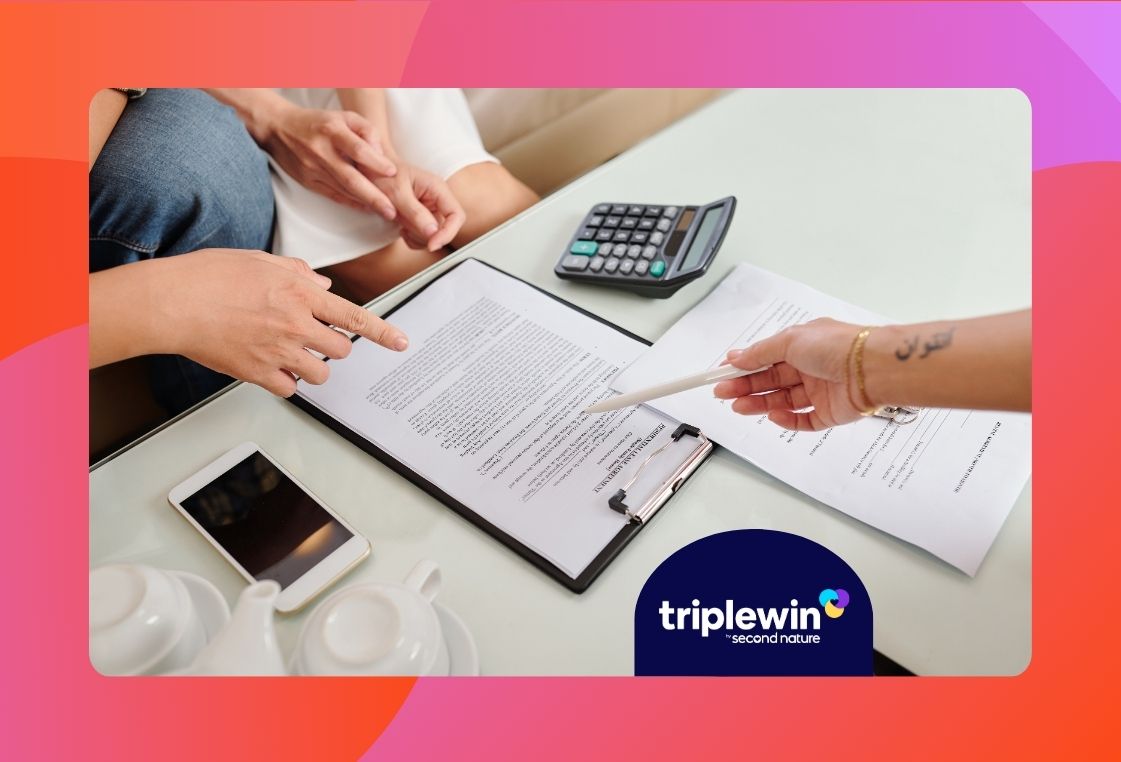Resident retention is one of the best ways for property management companies to drive greater success for their business and their clients. Residents who stay longer ensure consistent revenue, often take better care of the property, and help make planning more predictable.
But resident retention can be a moving target. In a recent Buildium survey, 36% of single-family rental residents said they were on the fence about renewing their lease in the coming year.
We’ve talked a lot here about resident retention and ideas for building long-term success with residents. Today, we want to do something a little different. We decided to ask a property management expert about her experiences with building resident retention, and we’re sharing our Q&A with her here.
Key Learning Objectives:
- Recent trends and data on resident retention
- How retention strategies can save money
- Best ideas for setting up a resident retention program: What works and doesn’t work
- How to calculate resident retention rates
Meet the Expert:
Melissa Gillispie, Director of Leasing & Property Management at JWB Real Estate Capital
Melissa started her career with JWB in 2013 and is currently the Director of Property Management. She is the licensed real estate broker for JWB and plays an integral role that has led JWB to manage over 4,900 single-family homes in Jacksonville FL, being the largest local rental management company in Northeast FL. Under her purview, JWB has delivered over 26 million dollars in cash flow to its current clients through exceptional management services. Melissa also sits on the Board for NARPM Northeast FL as the Membership Co-Chair. She won the 2022 NARPM Rocky Maxwell award for dedicated service and contribution to NARPM. She is married to her husband of 14 years and has three sons aged 11, 9, and 6. When she is not working, she can be found at the football and soccer fields cheering her sons on!

Why should property managers pay attention to resident retention rates? Can you share some recent data or trends about resident retention?
Melissa: Resident retention is a direct reflection of your customer experience. If people enjoy working with you, they'll stay. If they don't, they won't.
We use resident retention as a key benchmark for measuring our customer service. In our market, we renew 72% of our leases annually. A standard PM benchmark historically is that about a 70% renewal rate for residents is a huge success.
Some factors currently impacting retention include the housing market, higher interest rates, and tax/insurance cost increases. These factors make buying harder, which drives more rental retention.
On the flip side, due to rising costs for investor clients, rent rates are climbing to keep up with those costs – which can be a big objection to overcome with residents. Swallowing the pill of a $150-$200 increase in rent can be tough for a resident on a fixed income. That makes their experience with us even more important. If they don't enjoy the experience, they most certainly won't agree to that level of rent increase.
How can resident retention strategies save property managers money?
Melissa: Residents who stay longer-term tend to make on-time payments more often, take better care of the home, and reduce vacancy costs/leasing burdens.
These benefits lead to better rent collection and increased management fee collection, happier clients with lower turn costs, and a lower market-to-move-in or days-on-market metric for leasing because their inventory continues to be reasonable and controlled.
What are some of the best ideas to set up a resident retention program?
Melissa: Reach out early and often! We start reaching out to residents six months before their lease expires. Make the reason for that initial touch point just to "check in" – because it’s about relationships! People like to feel valued.
Get creative with incentives for long-term leases! We offer all kinds of crazy resident incentives. We even bought a resident their very own bounce house when the client's homeowners insurance made the resident remove their large trampoline. Identify the real roadblock or concern, and do everything in your power to listen and solve it.
Listen to any real complaints. If there are maintenance issues, solve them. If there are communication concerns, address them. Residents want to know that when they voice a real concern, you hear them and work hard to partner with them to fix it!
What are some ideas for PMs who are struggling with resident retention? What have you seen work well? What doesn’t work?
Melissa: The best advice I can give is this: Communication and expectations are KEY. Start to work for the renewal on Day 1 of the original lease term, and consider how you can increase your communications. Be transparent. Be open to feedback.
See retention as a bottom-line revenue driver. See retention as a benchmark for how residents are experiencing your company. Set a budget for creative incentives, and then encourage your team to USE THAT MONEY UP! The more "dopamine hits" you can give for those feel-good connection moments, the better!
I think creativity is understated in property management. We focus so much on difficult interactions. How can we increase the positive ones? Who doesn't love to feel celebrated, seen, valued, appreciated, and considered?
Do you recommend using property management software or tools to help improve resident retention? What are some of the best options?
Melissa: Automation is key as you scale your business. We manage around 5,000 doors, and without the ability to send email and text blasts, etc., we'd struggle to achieve the high touchpoint mentality we have.
I think the larger your business, the more important these tools become. You can only grow at the pace at which your business can efficiently scale without having to continually add more staff.
Text Magic is a low-cost solution for texting, call fire is a great option for mass-dialing and automated phone messaging. Any PM software has great reporting capability to build out mail merge lists. It doesn't have to be expensive to make it happen!
How do you calculate resident retention rates? What’s a good average retention rate, and what factors impact retention?
We look at leases ending as an opportunity, and our resident retention is how many of those leases ending in a calendar year we convert to extend their lease term. Executed / Opportunities = Renewal Rate.
A good average retention rate is anything 70% or better. That number has been our benchmark for success for 17 years of business.
Factors that impact retention include how much owners are involved in setting rent rates, the housing market, the rental market, demand, experience, etc. We haven’t seen retention rates vary significantly by location, such as states vs. cities vs. rural areas.
Improve Resident Retention Rate with Second Nature RBP
Time and again, we’ve heard that one of the most important factors to resident retention is resident experience. It’s such a natural connection it almost goes without saying. As Melissa said, “If people enjoy working with you, they'll stay. If they don't, they won't.”
In recent years, one of the more effective innovations in resident experience is the Resident Benefits Package (RBP). Second Nature’s RBP was designed to create an easy win for SFR property managers. We developed each feature as a direct response to a pain point in resident experience and property management – but that often fell out of the scope of property management companies’ bandwidth or expertise.
To learn more about driving resident retention with a custom RBP, get in touch with us!
Topics:



